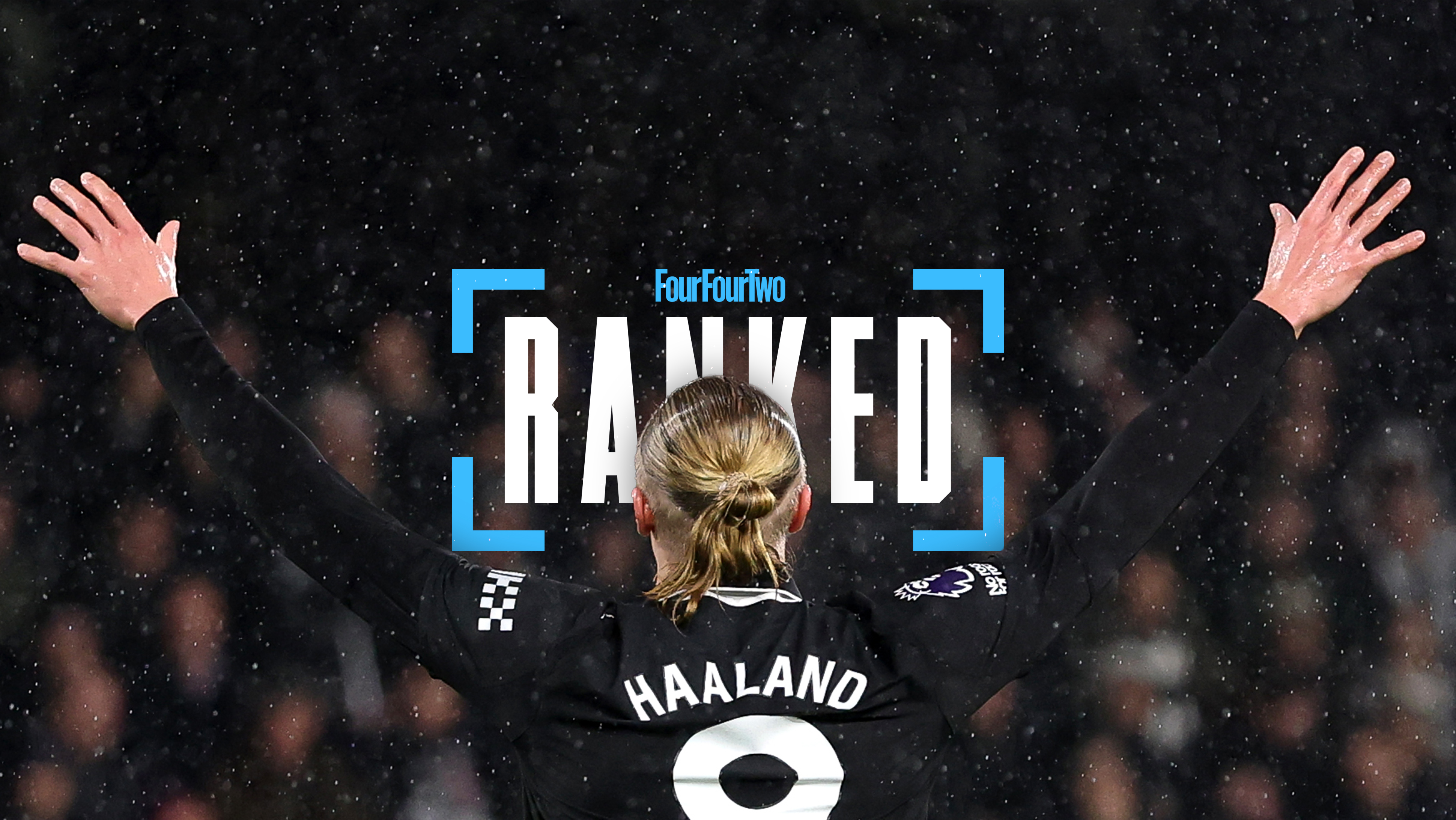Big Brother fever melts football’s justice
âÂÂPathetically easy. Next case.âÂÂ
ThatâÂÂs (US television series star) Dr Gregory House politely declining to look over the maladies of Brazilian footballâÂÂs authorities. The symptoms and side effects of incompetence, amateurism and provincialism are so obvious that even a lollipop can diagnose them.
But since Big Brother fever afflicted them, well, our crippled genius might get interested.
House (played by Hugh Laurie, centre) wouldn't take the case on
HereâÂÂs the medical chart. We have here an entity called Superior Court of Sports Justice (STJD) which has many regional arms, the TJDs â all of them private chambers that rule footballâÂÂs justice.
They are there, with the blessing of the Brazilian Football Confederation (CBF), to try and punish those who break the laws of the game. On paper, absolutely fine. Who wouldnâÂÂt want fair, righteous, legitimate people overseeing the beautiful game?
So the problems begin. Their members are all but unbiased, most having intimate connections with clubs â which wouldnâÂÂt be so bad if any of them had a connection with a good old thing called reason.
The best features, fun and footballing quizzes, straight to your inbox every week.
Then again, they only tend to appear when something really important comes up â a bribery accusation, for instance â and the decision is usually easy. But when the wigs realised the power they held, they decided to mess things up.
First, they started punishing anyone â coach or player â who criticised the referee. And IâÂÂm not talking (only) about the mad gaffer who enters the pitch and screams his lungs out at the refâÂÂs nose. The cool coach who says at the press conference, âÂÂI think the referee had a bad dayâÂÂ, is also slashed in the TJDsâ witch hunt.
As a result, the most regular comment in post-match interviews with players and coaches alike is something along the lines of: âÂÂI canâÂÂt discuss the refereeing or IâÂÂll get suspendedâ or âÂÂItâÂÂs not up to me to comment on the referee.âÂÂ
So itâÂÂs up to who? The suited guys with dyed hair in the office? Apparently so.
But commentary censorship wasnâÂÂt enough for the hungry magistrates, who embraced a new task. They decided to cleanse football from all evil on the pitch where, not long ago, 22 men and a ball reigned alone.
To do so, they now review the tapes of each and every game several times looking for little things the referee didnâÂÂt spot â and even overrule the ones the ref did see â and apply due punishment, of course.
Players face sanctions that go from fines to bans of up to 540 days.
And the sharp eyes of the law see things we donâÂÂt. ItâÂÂs not unusual to find players persecuted for aggression (like São PauloâÂÂs Adriano and Palmeirasâ Marcos) whose main defence witness is the player who was supposedly assaulted! They have to go to court to say, âÂÂNo, I wasnâÂÂt assaulted, it was normal play.â And sometimes even then the magistrates donâÂÂt believe them. Adriano, for instance, got a two-game suspension.
Adriano: defended in court by his 'victim'
The good thing for the defendant is that, even if he's found guilty, his lawyers will have the decision reviewed by the same court and the judges, presented with the same arguments, regularly change their minds and reduce the punishment.
Uruguayan Botafogo keeper Castillo, who went on trial for criticising the referee after a defeat to Flamengo, will never forget his day in court. âÂÂIt looked like I was a criminal. If they think itâÂÂs better to deal with that in court, thatâÂÂs fine. But I havenâÂÂt killed anyone, IâÂÂm not a crook,â he said. âÂÂI didnâÂÂt know this other side of Brazilian football. But what can I do?âÂÂ
The wigs think theyâÂÂre bringing morality to football and IâÂÂm sure they enjoy being the stars of the show, but itâÂÂs time for them to step down and leave the headlines to the players.
If they donâÂÂt want to leave the spotlight, fine â TV mogul Dick Wolf can cast them in his new franchise series Law and Disorder.
